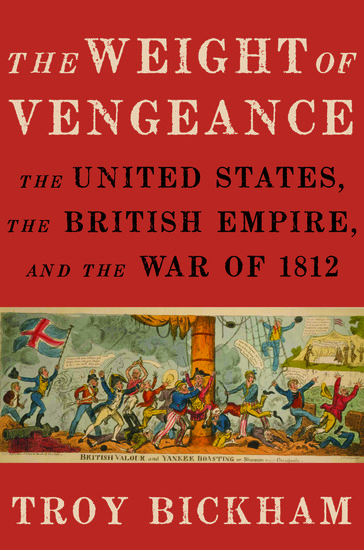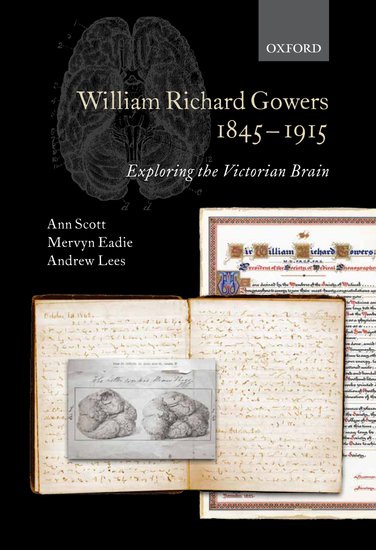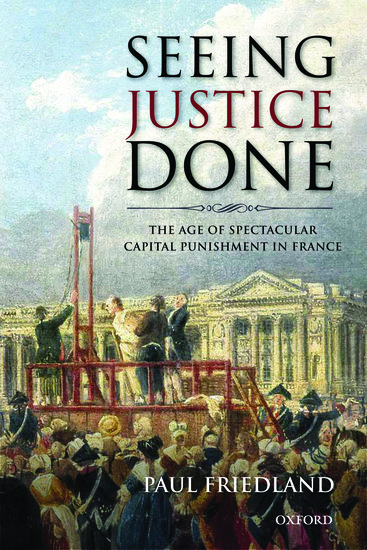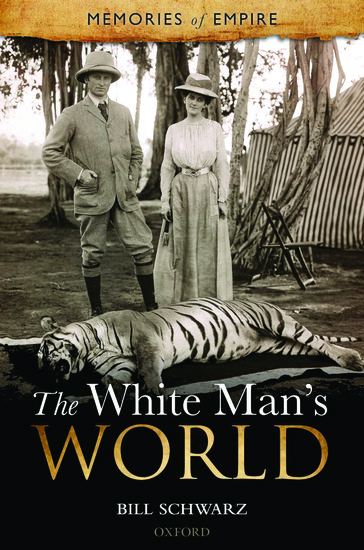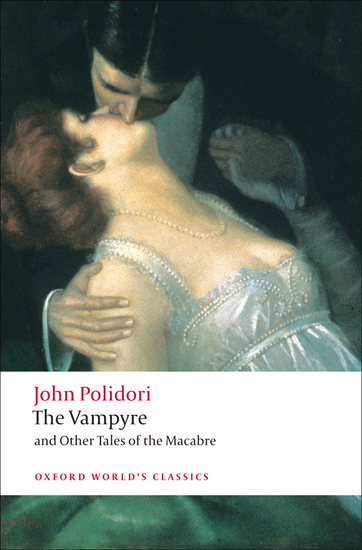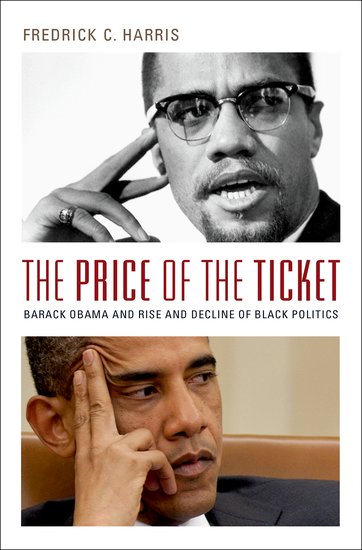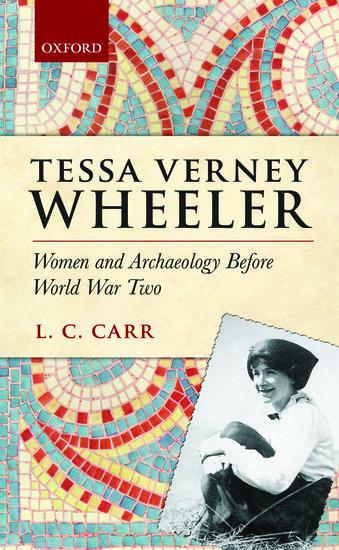Lady/Madonna: Profits and perils of the same song
We’ve all had the experience: you’re listening to the radio on your morning commute or walking through the mall one Saturday afternoon when a tune catches your ear. There’s something familiar about it, but upon further listening you know that it’s a new song. What about it sounds the same as the song already in your head?



